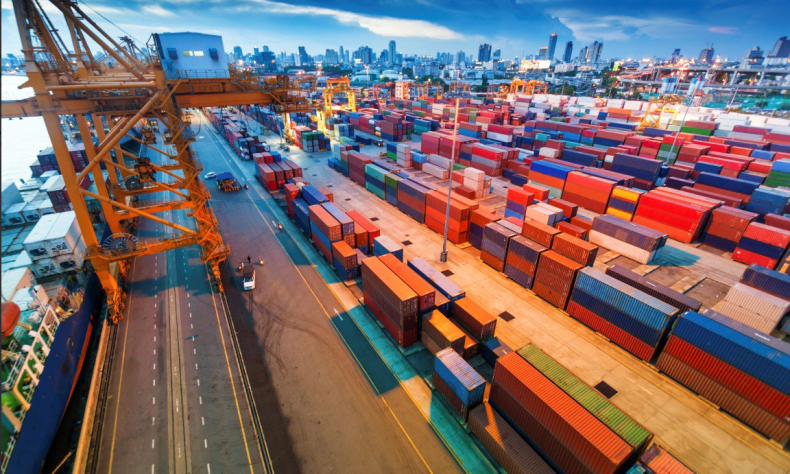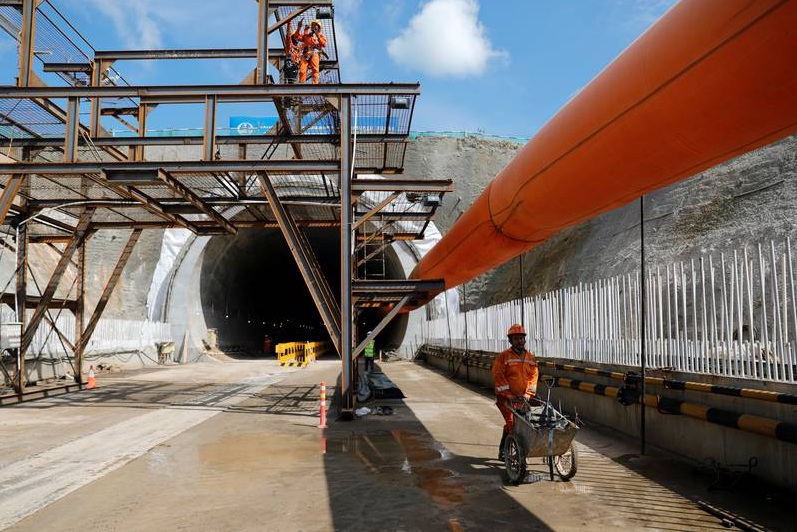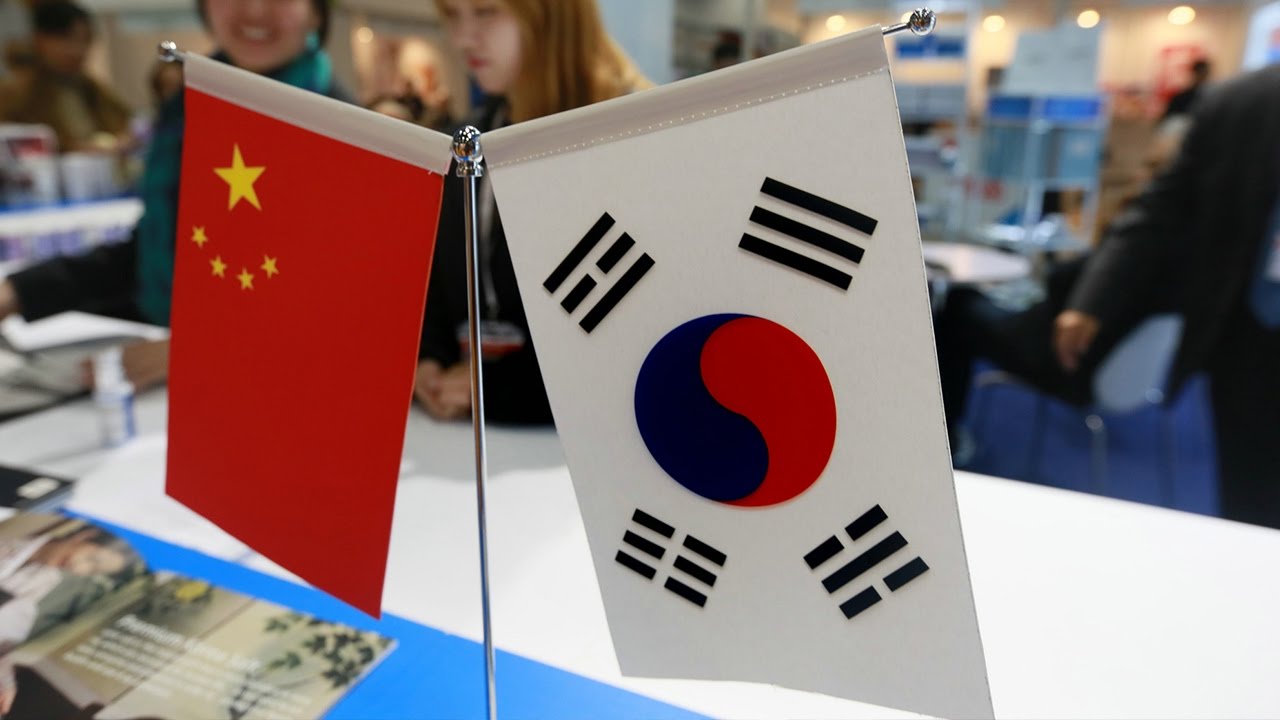
【High-level Interview】Hwang Jaeho: Belt and Road Initiative Will Complement Existing International Order
New international relations can be forged. New relationships with neighboring countries can be explored.
In 2013, Chinese President Xi Jinping proposed the concepts of “Silk Road Economic Belt” and “21st-Century Maritime Silk Road”. These two terms are now referred to as the Belt and Road Initiative(BRI).
With the theme of Belt and Road construction, China Focus is set to launch a series of high-profile overseas interviews. Today we have an exclusive interview with Jaeho Hwang, Professor, School of International Studies, Hankuk University of Foreign Studies, the Republic of Korea (ROK).
 Interviewee: Jaeho Hwang, Professor, School of International Studies, Hankuk University of Foreign Studies, the Republic of Korea (ROK)
Interviewee: Jaeho Hwang, Professor, School of International Studies, Hankuk University of Foreign Studies, the Republic of Korea (ROK)
Interviewer: Xue Li, Senior Fellow, Institute of World Economics and Politics, Chinese Academy of Social Sciences
Date: February 28, 2019
Location: Kuntai Royal Hotel Beijing
China Focus: Why do you think China proposed the Belt and Road Initiative (BRI)?
Hwang Jaeho: I think President Xi Jinping thought long and hard about China’s future development. He has great ambition and ideals. President Xi worked at the community level for a long time. He has been thinking about how to make China a powerful country and help people live a happier life. Although I don’t know the process of putting forward the BRI, the general direction and specific content of the initiative may be rooted in his own experience. At the same time, the BRI was formed after consideration was given to China’s internal and external factors.
The BRI is a China-proposed initiative for new development with foreign countries. The Yangtze River Economic Belt and the Beijing-Tianjin-Hebei coordinated development strategy are geared towards developing the domestic economy, while the BRI is aimed at common development with neighboring countries and the formation of a global network. China is working with seventy countries or so to link up railways, highways, ports, and oil and gas pipelines to form a global network with a certain scale.

The BRI, if implemented well, will complement the existing international order.
The BRI also has the idea of pursuing a community of shared future for mankind. After China established this type of cooperative system, neighboring countries that join it might achieve common prosperity.
New international relations can be forged. New relationships with neighboring countries can be explored.
China Focus: How do you view the BRI?
Hwang Jaeho: China definitely has thoughts of sharing the Belt and Road dividends with the countries involved. However, while promoting such a big concept, neighboring countries are sure to be wary.
While promoting the BRI, China must tackle and ease problems with neighboring countries.
It now seems that the BRI will be going head to head with the Indo-Pacific Strategy. China mentions the Asia-Pacific concept, while the United States emphasizes the Indo-Pacific region.
China Focus: With the launch of the BRI, what do you think are the changes to China’s foreign policy?
Hwang Jaeho: China shares benefits with neighboring countries rather than pursuing its own interests. So the BRI is not bad. I am positive towards initiatives with prospects. China must share dividends with the countries involved, including policy interests and economic interests.
The community of a shared future for mankind refers to human beings, including all regions of the world. It takes time, and China needs to do its job well. It is possible to achieve this through accumulation.
I watched The Wandering Earth and found that China has its own sense of mission and its own strategy.
China Focus: President Xi Jinping calls the BRI the “project of the century”. This means the need to promote the sustainable development under the BRI. What do you think are the problems in terms of sustainable BRI implementation? How can we address these?
Hwang Jaeho: People in many countries, especially in Southeast Asia, think that China’s external assistance through the BRI is free; however, most of these are in fact investment projects with low-interest loans. This causes a great misunderstanding.
China needs to strengthen public diplomacy and enhance foreign countries’ understanding of the BRI through more people-to-people exchanges.

China Focus: What kind of role does the ROK play in the Belt and Road construction?
Hwang Jaeho: China-ROK cooperation has certain advantages: China has advantages in manpower and capital, while the ROK has advantages in labor management, public diplomacy, and national image. Moreover, enterprises of the two countries are of help to each other and can achieve mutual benefit and win-win results through cooperation.
 Facebook
Facebook
 Twitter
Twitter
 Linkedin
Linkedin
 Google +
Google +












